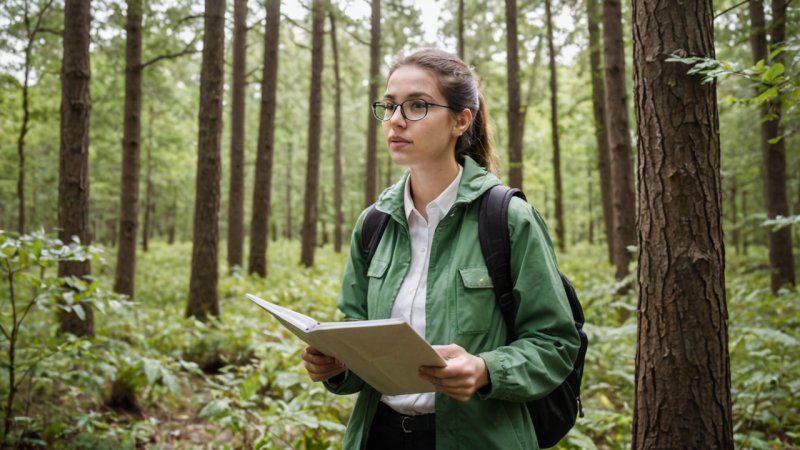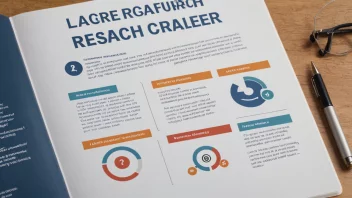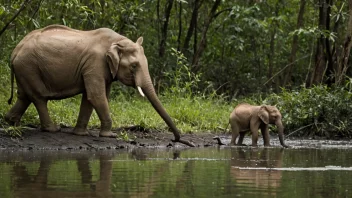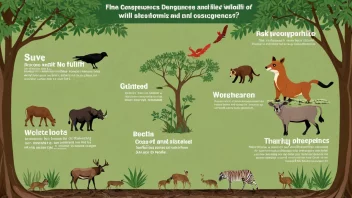Environmental science is a vibrant and essential field dedicated to understanding and solving the complex issues facing our planet. As climate change, pollution, and biodiversity loss become increasingly prominent, the demand for skilled professionals in this area has never been greater. If you’re considering a career in environmental science, this guide will provide you with the key steps to take and what to expect on your journey.
To start, a solid educational foundation is crucial. Most careers in environmental science require at least a bachelor’s degree in environmental science or a related field, such as biology, ecology, or geology. Many universities offer specialized programs that focus on various aspects of the environment, including conservation, resource management, and environmental policy. Pursuing advanced degrees, like a master’s or Ph.D., can further enhance your expertise and career prospects.
After establishing your educational background, gaining practical experience is essential. Internships, volunteer opportunities, and part-time jobs in environmental organizations, government agencies, or research institutions can provide invaluable hands-on experience. These positions not only help you apply theoretical knowledge but also allow you to network with professionals in the field, which can be instrumental in landing future jobs.
Networking is a critical component in the world of environmental science. Attend conferences, workshops, and seminars to meet experts and fellow students. Joining professional organizations, such as the Society for Conservation Biology or the American Society of Environmental Engineers, can also provide access to resources, job listings, and mentoring opportunities. Building relationships within the community can open doors to various career paths.
In addition to education and experience, it’s important to develop a diverse skill set. Environmental scientists often work in teams and must communicate effectively with people from various backgrounds, including policymakers, business leaders, and the public. Strong analytical skills are also vital, as you’ll need to interpret data and assess environmental impacts. Familiarity with geographic information systems (GIS), environmental modeling software, and data analysis tools can give you a competitive edge.
Moreover, staying informed about current environmental issues and emerging technologies is crucial. Reading scientific journals, following reputable environmental news outlets, and participating in online forums can help you stay updated on breakthroughs and trends that may influence your work.
Finally, consider the various career paths available in environmental science. Options include roles in research, policy development, environmental consulting, conservation, and education. Each area offers unique challenges and rewards, so it’s beneficial to explore different avenues to determine what resonates with you.
In conclusion, starting a career in environmental science involves a combination of education, practical experience, networking, and skill development. By building a solid foundation and staying engaged in the field, you can contribute to meaningful solutions for our planet's challenges. With dedication and passion, you can forge a successful career that not only fulfills your professional ambitions but also makes a positive impact on the environment.






